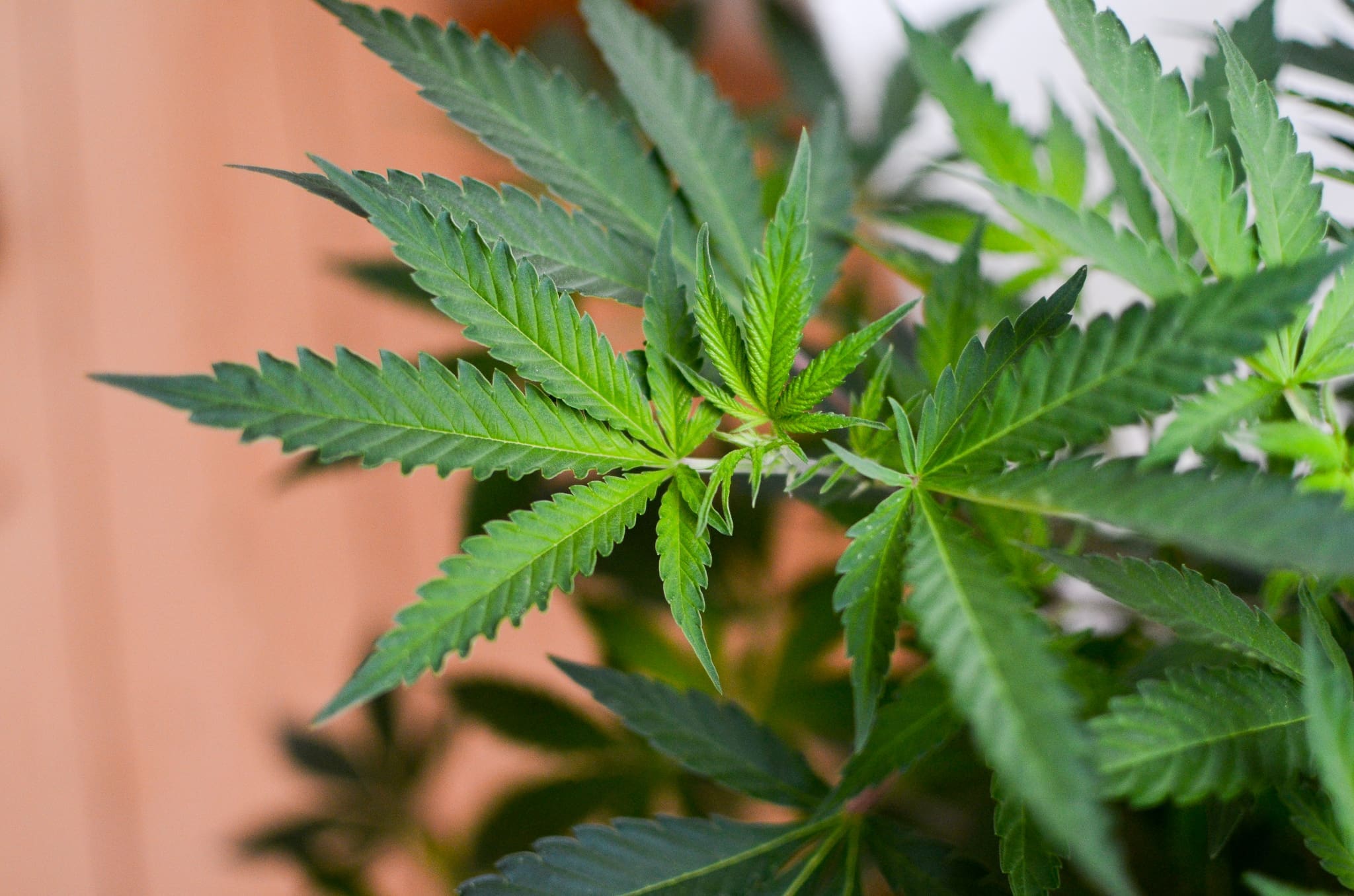Politics
Montana Marijuana Activists File Lawsuit For Electronic Ballot Signature Gathering During COVID

Montana activists filed a lawsuit against the state last week, alleging that prohibiting electronic signature gathering for their proposed marijuana legalization initiative during the coronavirus outbreak is unconstitutional.
The plaintiffs—Ted Dick, campaign manager of New Approach Montana and a former executive director of the Montana Democratic Party, and former state Sen. Dave Lewis (R)—said that the pandemic and resulting public health emergency orders mean that “it is neither ethical nor permitted” to collect signatures in person as currently required.
They want the government to lift those restrictions for the November 2020 election and allow their campaign to digitally collect signatures for both a statutory measure to legalize cannabis and a constitutional proposal that would make a technical change to the law specifying that only adults 21 and older could possess or purchase marijuana.
Enforcing policies that bar electronic signatures, in light of the circumstances, would violate the “constitutional rights of Plaintiffs and the people of Montana to amend the constitution and enact laws by initiative, as well as the rights of Plaintiffs and the people of Montana under the First and Fourteenth Amendments to the United States Constitution,” the lawsuit states.
The plaintiffs maintain that an existing law in the state called the Uniform Electronic Transactions Act creates a legal basis for electronic signatures to be accepted by the secretary of state’s office for the purpose of getting an initiative qualified for the ballot.
“The impact of the coronavirus means that we cannot safely or responsibly conduct a signature drive in Montana at this time. Circulating petitions and interacting with voters would make the current public health situation even worse,” Dick told Marijuana Moment. “However, ballot initiatives are a constitutional right for the people of Montana and we believe it is imperative that democratic processes are maintained even as we combat the spread of the coronavirus. Therefore we are taking legal action that proposes a pragmatic solution to a problem that we should not ignore.”
The Montana activists are the second marijuana legalization campaign in the country to sue state officials for the right to collect electronic ballot signatures.
In Arizona, the organizers of a legalization effort are petitioning the state Supreme Court to instruct the secretary of state to allow people to sign cannabis petitions digitally using an existing electronic system that is currently reserved for individual candidates seeking public office.
Although they haven’t taken to the courts, California activists for campaigns to amend the state’s legal cannabis program and legalize psilocybin mushrooms are also asking for a digital signature option.
Likewise in Washington, D.C., advocates for a measure to decriminalize psychedelics asked the mayor and local lawmakers to accept online signatures for their ballot petition.
In addition to requesting that the state allow digital signature collection, the Montana suit also seeks a deadline extension for submitting the signatures from June 19 to August 3. In order to qualify for the ballot, petitioners need to deliver 25,468 signatures for the statutory legalization measure and 50,936 signatures for the constitutional change related to age restrictions.
New Approach Montana, the group behind the initiatives, has a partnership with the digital signature company DocuSign, and they describe in the suit how the service can be used to securely transmit signatures for the measures.
Lewis said in a statement that ensuring that legalization qualifies and passes in November is imperative for Montana’s economy.
“As a former state Budget Director and member of the Montana Legislature, I have spent nearly fifty years struggling with how to develop more jobs in Montana. And as I recently researched the cannabis industry in Colorado and Canada, I was amazed at the number of jobs that have been developed,” he said. “Montana needs those jobs.”
The Montana activists are far from the only drug policy reform campaign struggling during the COVID-19 pandemic.
An effort to legalize medical cannabis in Nebraska is facing signature gathering challenges in the face of social distancing measures. A campaign to legalize cannabis in Missouri is also in jeopardy.
In Oregon, advocates for a measure to decriminalize drug possession and a separate initiative to legalize psilocybin for therapeutic purposes have suspended in-person campaign events amid the pandemic.
In New York, Gov. Andrew Cuomo (D) conceded earlier this month that the 2020 legalization push is “effectively over” in the legislature. Coronavirus shifted priorities, and comprehensive cannabis reform seems to have proved too complicated an issue in the short-term.
Idaho medical cannabis activists announced that they are suspending their ballot campaign, though they are still “focusing on distributing petitions through online download at IdahoCann.co and encouraging every volunteer who has downloaded a petition to get them turned in to their county clerk’s office by mail, regardless of how many signatures they have collected.”
North Dakota advocates said that they are suspending their campaign to put marijuana legalization on the November ballot due to the coronavirus outbreak.
Read the Montana lawsuit below:
Montana lawsuit electronic … by Marijuana Moment on Scribd
DC Allows Medical Marijuana Delivery Under Coronavirus Emergency Order
Photo courtesy of Philip Steffan.
















